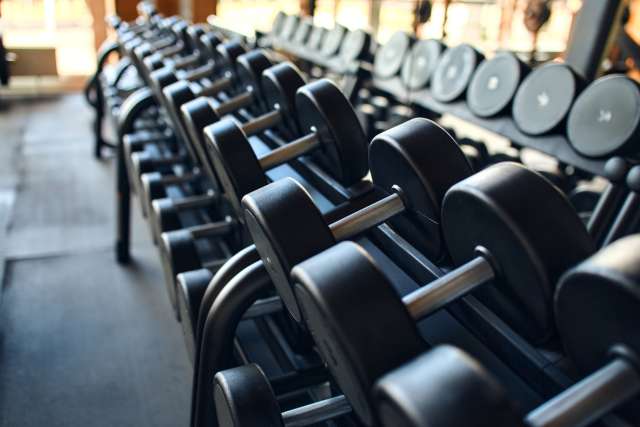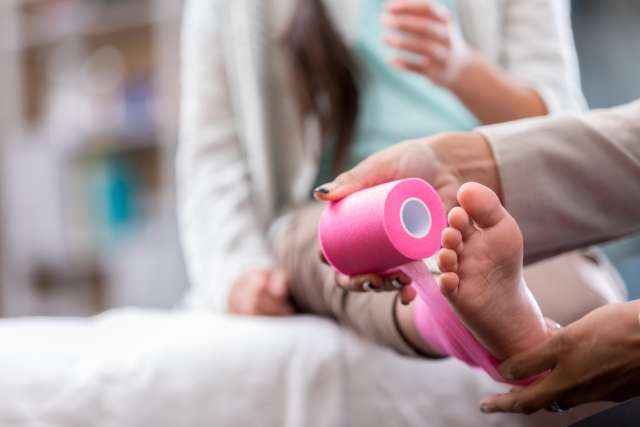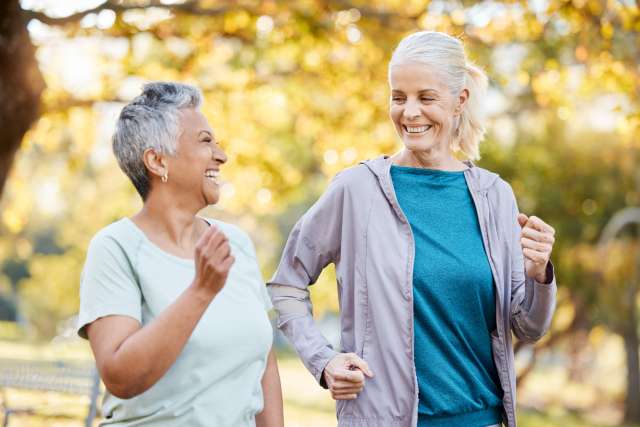Dear Doctors: I enjoy lifting heavy weights. It makes me stronger and helps me feel energized. The trainer at my gym says that, because I’m 84 years old, it’s not a good idea. He’s been after me to switch to lighter weights. Is there any science to back me up that this is OK, or is he right?
Dear Reader: A decline in muscle mass, a process known as sarcopenia, is a natural part of the aging process. Estimates suggest the average adult loses one-third of their muscle mass over their lifetime. It begins at a slow but steady rate in our 30s and 40s, with a decrease of between 3% to 6% per decade. It accelerates when we reach our 60s. A loss of muscle mass adversely affects energy, endurance, balance and agility. It can increase the risk of falls and injury, limiting the ability to live independently. This makes resistance training an important practice for healthy aging.
Traditional advice for older adults has been to choose lighter weights and perform more repetitions with strength and resistance training. Lighter weights put less stress on aging muscles, joints and connective tissues, and the increased repetitions build endurance. So the thinking has been they’re a safer choice. However, recent research is building a case for the heavy lifting you enjoy. Several studies have found that heavy resistance training builds muscle mass and muscle strength in older adults. It’s also been found to preserve long-term muscle function.
We recently wrote about a study of adults in their 80s and 90s who lifted heavy weights. The study found they gained strength and muscle mass in just 12 weeks. Now, researchers from Norway have analyzed data from a number of similar studies. The review found that heavy lifting and the “one-rep max” are safe for both healthy people and those with chronic illness. A one-rep max is when you lift the maximum weight you can, with good form, for a single repetition. Their review found that adding a one-rep max into a regular exercise program can help reverse age-related decline in muscle mass and function in older adults. The researchers also saw benefits to leg and feet muscles. These muscles are crucial to balance and lose mass at a faster rate.
While these studies open the door to a new approach to healthy aging, there are some important caveats. To avoid injury and get the most benefit, have an experienced trainer guide you and spot you. Start gradually and work your way up. Always talk with your doctor before starting a new or more strenuous form of exercise.
(Send your questions to [email protected], or write: Ask the Doctors, c/o UCLA Health Sciences Media Relations, 10960 Wilshire Blvd., Suite 1955, Los Angeles, CA, 90024. Owing to the volume of mail, personal replies cannot be provided.)





